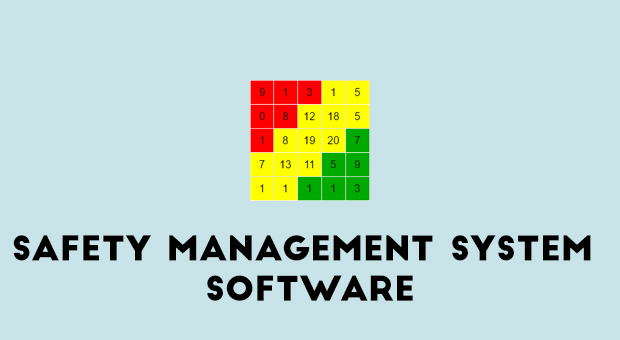Dependency cases present a challenging legal battleground where the primary focus is on ensuring child safety, often at the expense of parental rights. For parents facing such cases, understanding and deploying effective legal strategies is crucial to defending their rights and working toward reunification with their children. Stephen Millan, a distinguished attorney with expertise in family law, provides a comprehensive guide to legal strategies for defending parental rights in dependency cases.
Understanding the Legal Landscape
Dependency cases are initiated when child protective services (CPS) receive allegations of abuse, neglect, or abandonment. The court’s role is to determine whether these allegations are substantiated and, if so, what interventions are necessary to ensure the child’s safety. “Navigating the complexities of dependency cases starts with understanding the legal framework and the court’s priorities,” Millan explains. “Parents must be informed about the allegations, the legal process, and their rights throughout this journey.”
Strategic Legal Representation
One of the cornerstones of defending parental rights effectively is securing experienced legal representation. Millan emphasizes the importance of hiring an attorney who specializes in dependency law. “An attorney with expertise in this area can provide critical guidance and advocacy,” he says. “They are familiar with the intricacies of dependency proceedings and can craft a tailored defense strategy that addresses the specific issues of the case.”
Effective legal representation involves more than just courtroom advocacy. It includes preparing comprehensive case files, filing necessary motions, and engaging in negotiations with CPS. Millan advises parents to work closely with their attorney to ensure that every aspect of their case is thoroughly addressed.
Active Engagement and Compliance
Active participation in the dependency process is vital for parents. This involves attending all court hearings, complying with court orders, and participating in any court-mandated services such as parenting classes or counseling. “Demonstrating a proactive and cooperative attitude can significantly impact the case’s outcome,” Stephen Millan notes. “Parents need to show that they are committed to addressing the issues raised and making necessary changes to provide a safe environment for their child.”
Compliance with court orders and CPS recommendations is not just about meeting requirements but also about proving to the court that the parent is taking steps toward improvement. “Consistency and transparency are key,” Millan advises. “By actively engaging with CPS and following through on court orders, parents can strengthen their position in the case.”
Building a Strong Case for Reunification
The ultimate goal in many dependency cases is to achieve reunification, provided it can be done safely. Millan underscores that the court’s decisions are guided by the child’s best interests, which include safety, stability, and emotional well-being. “To build a strong case for reunification, parents must demonstrate that they have addressed the issues that led to the dependency case and are capable of providing a stable and nurturing environment,” he explains.
Conclusion
Stephen Millan insights into legal strategies for defending parental rights in dependency cases provide a valuable roadmap for parents navigating these challenging proceedings. By understanding the legal landscape, securing experienced legal representation, actively engaging in the process, and focusing on reunification, parents can effectively defend their rights and work toward a positive resolution. Millan’s approach highlights the importance of informed, proactive, and strategic involvement in the legal process to safeguard parental rights and achieve the best outcomes for families.

